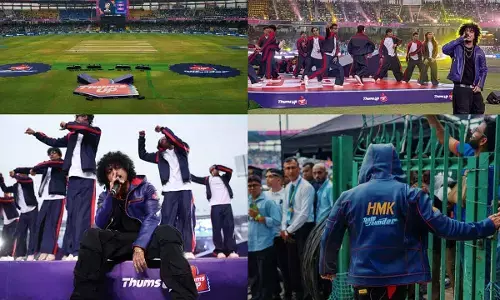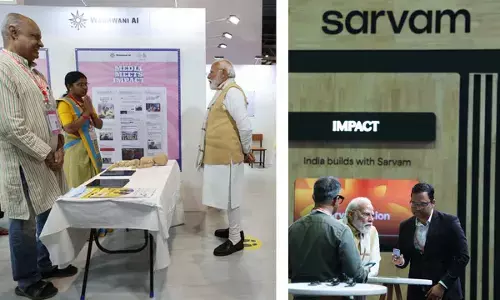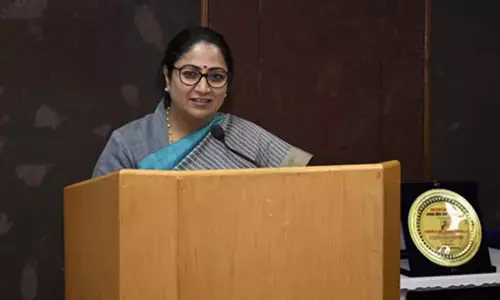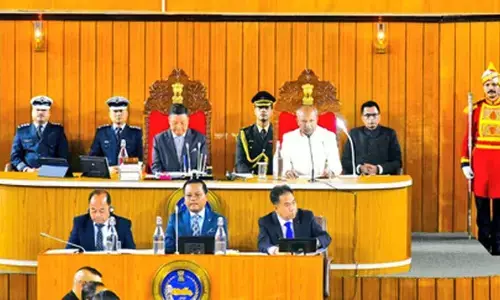WI cricket - How the cookie crumbles
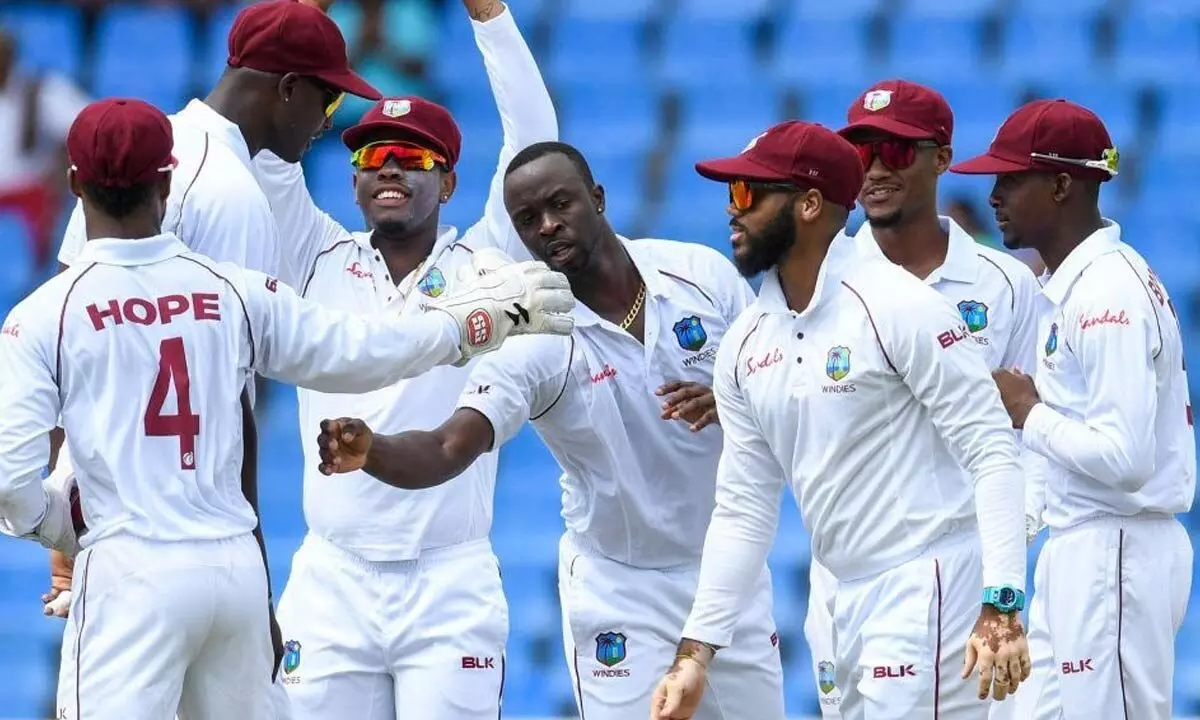
The West Indians played to mesmerize and entertain the crowd without a care about the result
The West Indians played to mesmerize and entertain the crowd without a care about the result. Genius was the word used by many of their players and it fit the bill perfectly especially for one of theirs, the greatest cricketer ever to play the game, Sir Garfield Sobers.
The Indian team touring the West Indies at present were privileged to shake the hands of the great man, one who could bat, bowl, field and even keep wickets at the highest level.
The word “Bazball” has now become a mantra for the England side in their quest to play attacking and attractive cricket. It takes one back to the famous 1961 Test series between Australia and the West Indies Down Under. The two captains, Sir Frank Worrell and Richie Benaud decided to play positive and attractive cricket in their 5-match series.
The first Test itself proved to be a thrilling encounter as it was a Tie. The first time in the history of the game. Although the West Indies lost the series 2-1, the way in which they played the game made them heroes and stars of it. They were paraded through the street of Melbourne and cheered by an enormous crowd on their departure.
One is sad to see the state of West Indian cricket at present. How the cookie crumbles is a wake-up call for the ICC and many of the other cricket-playing nations in the world. The 1st Test and the first day’s play in Dominica between India and the West Indies was a pitiful sight. The loud, fun-loving crowd filled with retorts and the calypso band of music was missing. Empty stands showed that Test cricket was on the wane there. However, these stands seem to be bursting with people during a T20 encounter.
The West Indian batting was as limp as were their cricket followers. The players seem to have forgotten the very art of Test cricket. They lack the technique and understanding of a 5-day encounter and the Indian bowlers should make hay while they can. Cricket played by the West Indians in the past was filled with brilliant stroke play and lethal fast bowling. However, they had the skills and understanding as to when to employ them.
The famous documentary “Fire in Babylon”, made by the BBC as to how their captain Clive Lloyd transformed his 1970s West Indian team into champions, is a tale that is far away from the present lot of their cricketers.
The immediate excuse is that cricket is not a good paying proposition for a sportsperson in the Caribbean islands and so many have gone to the United States to play basketball, baseball and other sports professionally. However, if one scans the franchise base T20 cricket played which are also mushrooming at various centres of the world, there are plenty of West Indian cricketers involved in it.
Quite understandably so, as the lure of making a comfortable life for the future is foremost in the mind of most individuals. The problem that West Indies cricket finds itself in is that it comprises players from different islands, each one a beautiful country in its own right.
Clive Lloyd managed to bring about unity amongst them and pride to play as one team as did the great Sir Frank Worrell.
Unfortunately, the West Indian team lacks a strong leader who can take charge and bring about a holistic change. One can also see the pride to play for the West Indies is missing amongst their players. This naturally revolves around the meagre match fees and the lack of finance of their Cricket Board.
It takes one back to the year 1980 when India were to visit the West Indies for a Test series. The tour was called off by them as Sunil Gavaskar refused to be a part of the team on personal grounds. The West Indies Cricket Board did not feel they could host an Indian side sans Gavaskar as it would not be financially viable.
The tables have turned now as the Indian cricket side is the fulcrum on which world cricket is balanced. A truly proud and significant achievement for all involved in making India the top cricket-playing nation in the world. The West Indies series of India should be just the curtain raiser for India to accumulate points for the start of the new phase of the World Test Championship. The inclusion of Yashasvi Jaiswal and Ishan Kishan in the 1st Test is a positive move for Indian cricket. Young cricketers need to be brought in to keep the fire burning in the future.
The Indian team requires a genuine quick bowler. Pace is important to ruffle the feathers of the top-order batsmen and create a demon in the minds of the lower-order ones. Umran Malik, a bowler who clocks well over 150kms/hr, should have been an automatic choice in the Test team to play the West Indies. The situation was ideal to introduce him against a relatively weak West Indian side and to groom him for the future. He is a part of both the limited-overs teams in which line and length are essential. He needs to be let loose and not be reined in, a good example of it was Mark Wood for England, against Australia in the third Test match at Headingley.
The Indian think tank requires some serious future planning, especially for their Test side. One wishes the new chairman of the BCCI selection committee, Ajit Agarkar, the very best.
India is the core centre for world cricket and the success of their Test team is essential to keep it alive and kicking. One does not want to see the cookie crumble.
(Yajurvindra Singh is a
former India cricketer)





